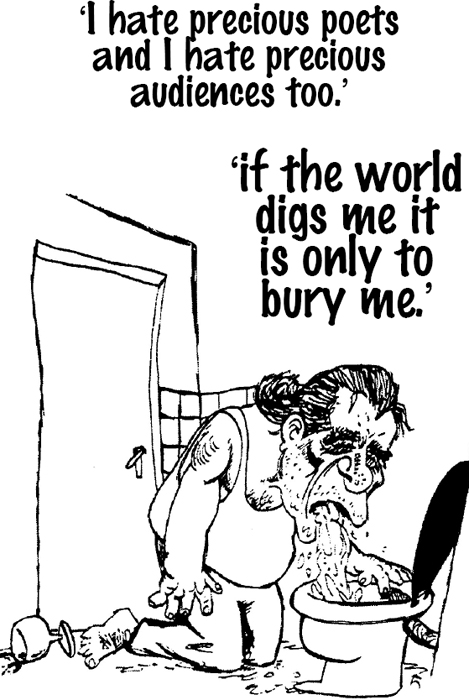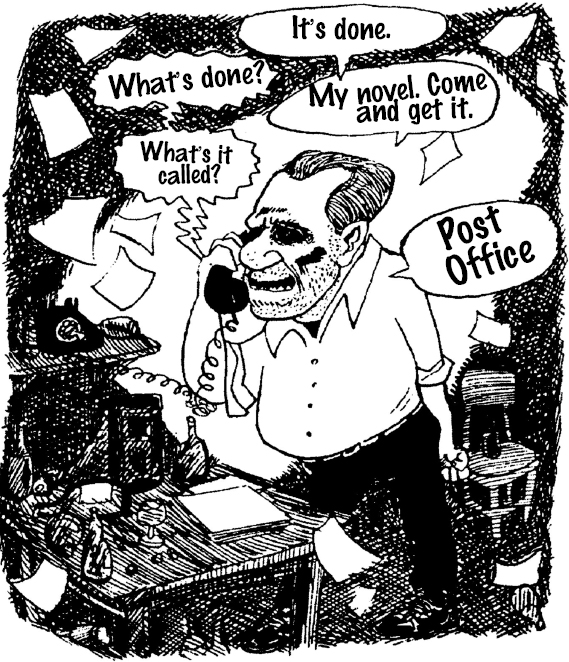
On 21 January 1970, after 18 days in a kind of trance, during which he had written 120,000 words—which he cut to 90,000—the work of producing his first, and most famous, novel was complete. Bukowski called his publisher, John Martin:

Like almost all of Bukowski's work, Post Office, is autobiographical, the protagonist, Henry Chinaski, being his alter ego. Chinaski is, above all, a fearless man who is at the same time a loser. He is a cynic with a sense of humour, but he is also vulnerable; a sensitive man hardened by society.
Post Office, published in January 1971, settled old scores with the alienating world of work. The novel opens ‘It began as a mistake...’ From then on, the reader is drawn into a succession of scenes that portray the comedy of the human condition: when you hate work, it can be like a life sentence: love can be like a double-edged sword; those without money have to resign themselves to having none, while those with power can only use it arbitrarily. Solutions to one's problems, says Chinaski/Bukowski, can be only be found when you take hold of the reins of your own life.
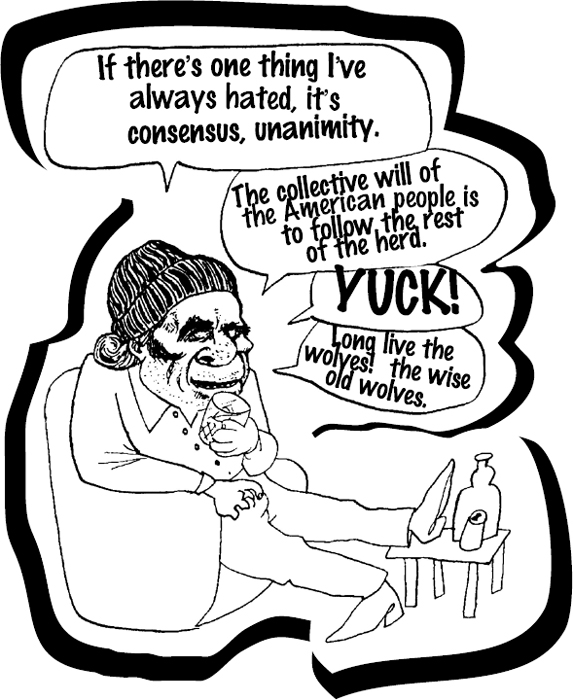
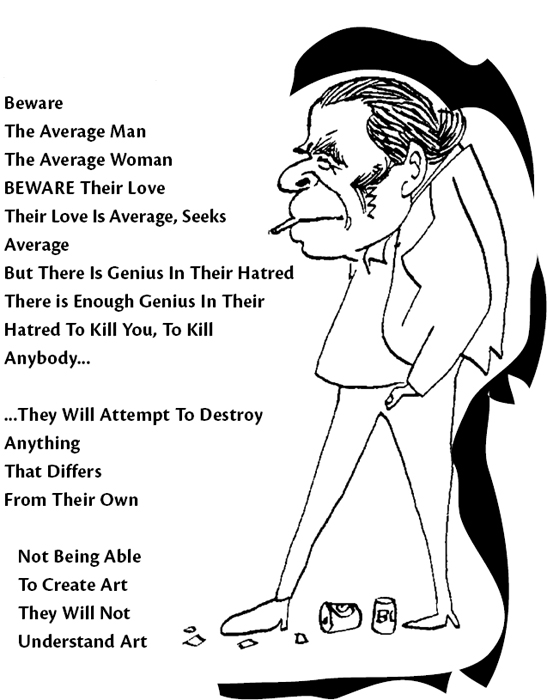
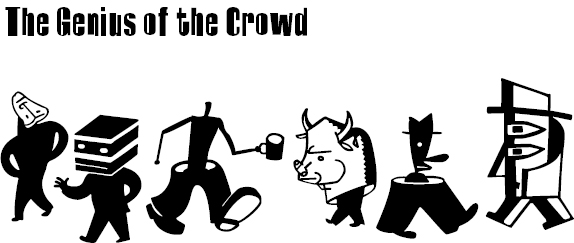
The most serious accusation that Bukowski could throw at society in his work was that it intimidates people by means of a complex system of control—institutions—condemning them to accepting humiliation and failure as the norm. According to Bukowski, those who do not rebel lose the ability to think for themselves. They are the ‘common people’. As for the rest, they may well fare no better. Bukowski expressed his world view in the poem ‘footnote upon the construction of the masses’: those who are different will be ‘eliminated’...
by the police, by their
mothers, their
brothers, others; by
themselves.
With the publication of Post Office, Bukowski began to gain greater recognition as a writer. He realised that he need no longer feel ashamed to face the landlords, to whom for many long, hard years he had had to pay $37.50 a month in rent. Having eked that out of his income, he still needed to find money to:
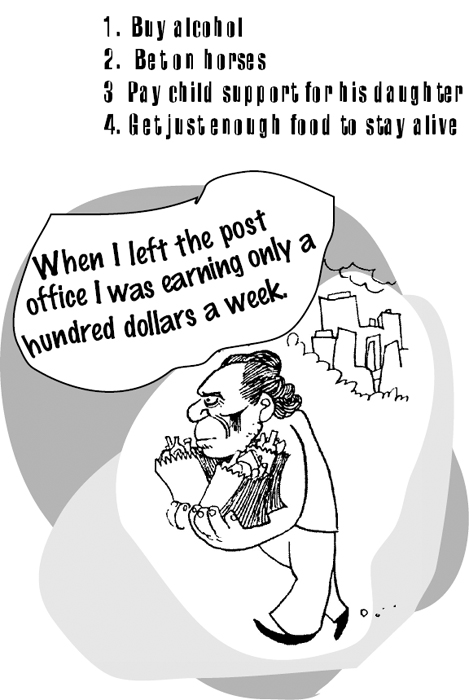
From then on, Hank became ever more famous, more and more wealthy. And, as a writer, more and more prolific. This came as a relief to those who had been aware of Bukowski's past suffering. Yet it disappointed many of his admirers, who were enthralled by the old myth of the artist dying of hunger.
In fact, before Post Office, Bukowski was already a reputable underground poet with a widespread cult following throughout America. Even so, he was not yet truly famous—at least not as famous as he was about to become.
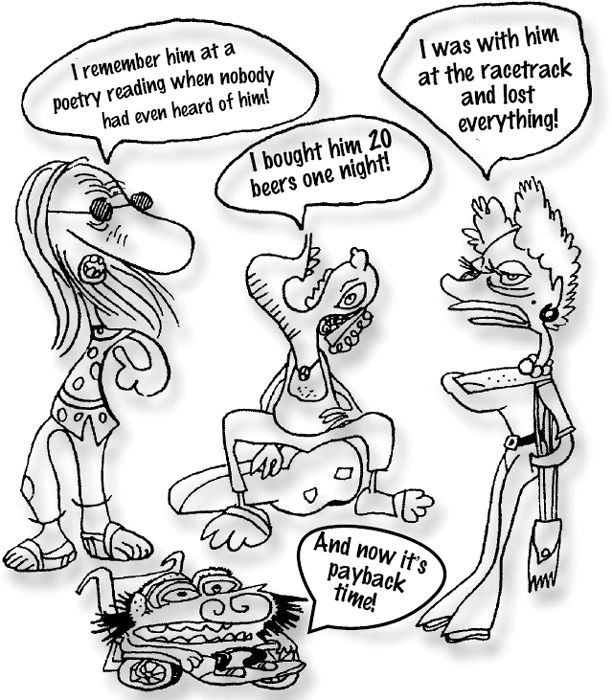
Earning a living was a continuous, necessary chore, until Post Office came out. There have been few writers so marginalised, so alienated from the cultural stereotypes, so entwined with those on the losing end of capitalism.
A STAR IS BORN
With the Dirty Old Man collection having achieved cult status, the publication of Post Office in 1971, was a huge success, with over 40,000 copies sold. From then on, Bukowski never had any major financial problems—and young, attractive women started to pass through his life.
Linda King, a writer and sculptress, and Liza Williams, a record producer, were his most regular companions in the early seventies.
Sex is interesting, but it's not totally important. I mean its not even as important (physically) as excretion. A man can go seventy years without a piece of ass, but he can die in a week without a bowel movement.
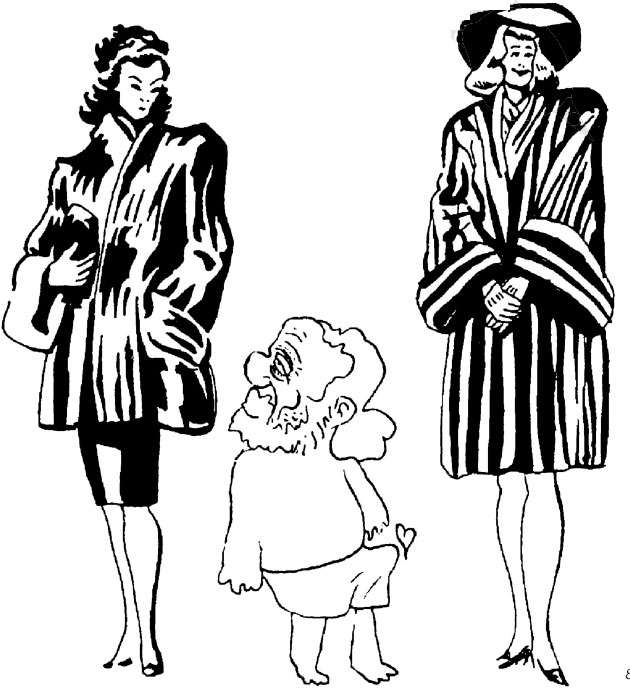
As a celebrity writer, he began to attract media attention. Part of the Bukowski legend—the accursed writer in an accursed city—was promoted by a TV special produced by the young director Taylor Hackford. Working for the LA channel KCET, Hackford made a documentary on Bukowski's life, moving constantly between public and private episodes from a turbulent period of his life. Television is, obviously, like a huge magnifying glass and it certainly magnified Hank's personality.
‘Bukowski’, was transmitted on 25 November 1973. Despite the complaints from viewers who felt that a writer who constantly used the word ‘fuck’ was unacceptable on TV, the programme was an enormous hit. It won the Los Angeles Corporation for Public Broadcasting award for best cultural programme of the year, and soon after, it was shown at the influential Museum of Modern Art in New York.
It seemed that the rules of the punk movement, which in the mid seventies had eclipsed earlier concepts of rock music, had translated to the world of literature.
Bukowski's performance style was indeed bizarre: he would begin by behaving boorishly, but when the time came for him to read, he oscillated between abusing and charming his audiences.
